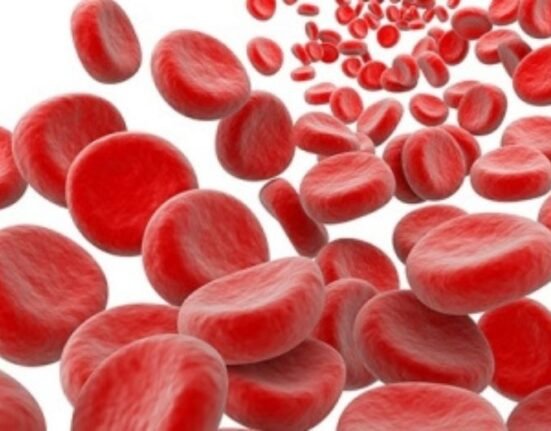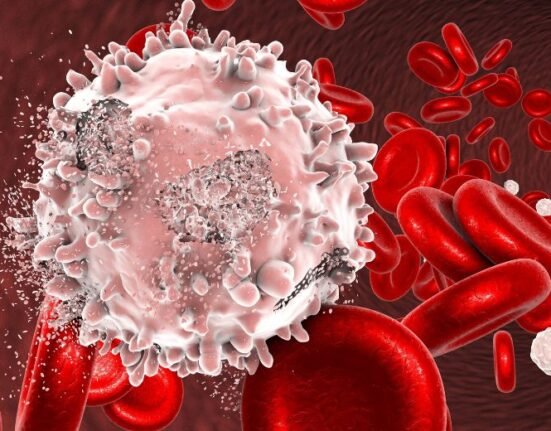March 24, 2023: A novel experimental pill, revumenib, has been successful in treating patients with leukemia. In a study published in the journal Nature, scientists said nearly half of the patients in the Phase I trial responded to the treatment, while about a third experienced a complete remission of their cancer.
The trial enrolled 68 patients with relapsed or refractory acute leukemia that had failed to respond to previous treatments. Most of these patients had NPM1/KMT2A-related cancer.
Pill trial and how it works
Revumenib is being developed by the company Syndax. The drug inhibits a protein called menin, which promotes certain forms of leukemia. In this cancer a NPM1 gene mutation or a rearrangement of another gene called KMT2A occurs. These mutations are found in both pediatric and adult cases of leukemia. According to research cited by scientists, the five-year survival rate for KMT2A-related leukemia is less than 25%.
During the Phase I trials the safety and optimal dose of the drug were studied for its efficacy on patients with NPM1/KMT2A-related leukemia (60 in total). Out of these eligible patients, 53% showed some response to revumenib, and about 30% (18 patients) showed complete remission.
Some adverse side effects, such as irregular heartbeat, were observed, but none of the patients needed to discontinue the treatment.
“For patients with acute leukemia who have undergone several previous treatments, this is a very encouraging result,” said study author Scott Armstrong, president of the Dana-Farber and Boston Children’s Cancer and Blood Disorders Center, in a statement released by Dana-Farber.
Pill limitations
Though the Phase I trials are encouraging there are some reservations about its long-term success.. In a second study looking at the trial data, the researchers found that some patients’ cancers adapted to the treatment and developed resistance to it.
According to the authors of the study, the positive outlook of the study is that it shows these cancers truly rely on menin to fuel their growth and any drug that can inhibit its actions can stop the cancer growth. But they are also aware and cautioned that strategies to avoid any resistance to the drugs also need to be kept in mind. These strategies could include treating people at an earlier stage of cancer or pairing revumenib with other types of drugs that attack these cancers.
Full Phase I/II results are expected later this year. If the trial results are promising them, the company said it might start to file for FDA approval as early as the end of 2023. The FDA has already granted revumenib “breakthrough therapy designation” in December 2022 to help fast-track its development and regulatory review.
Related News:








